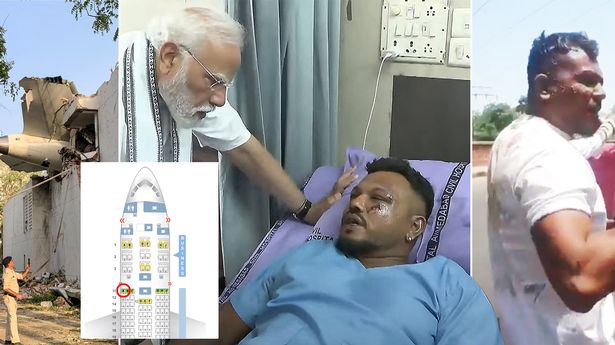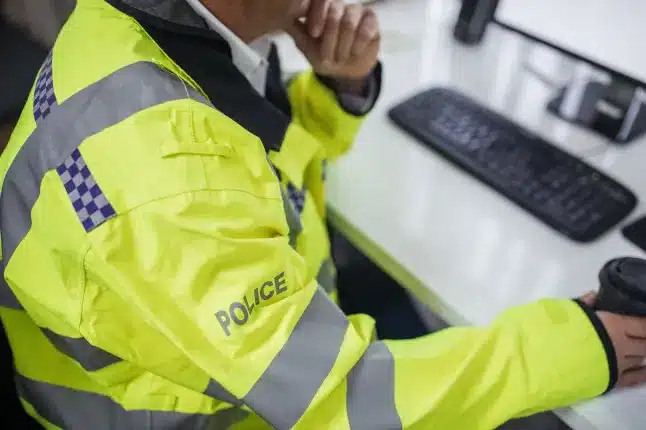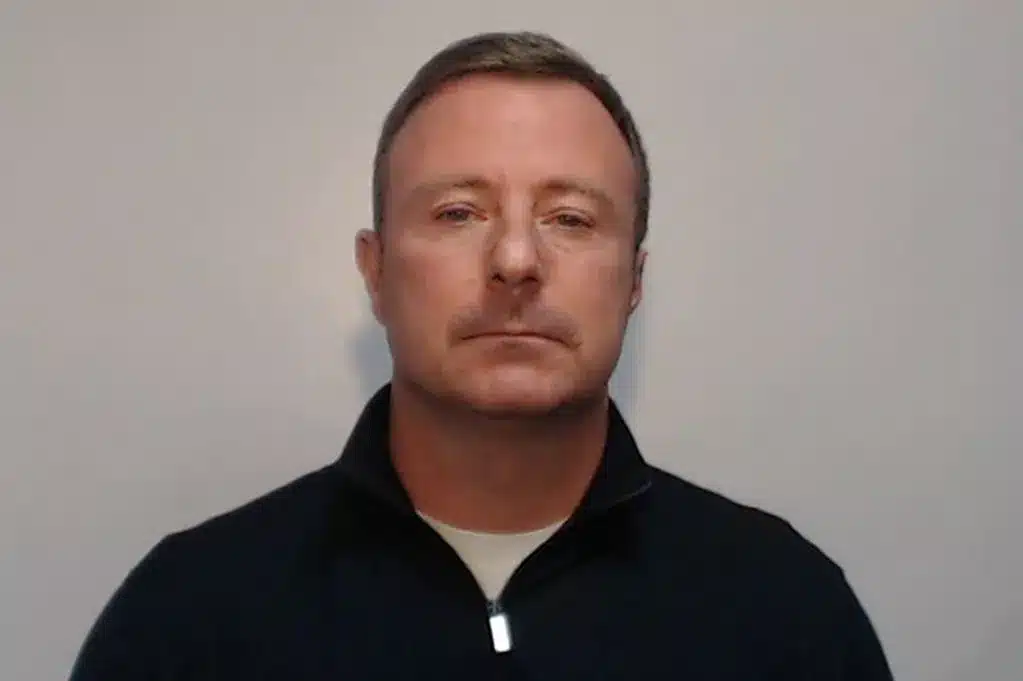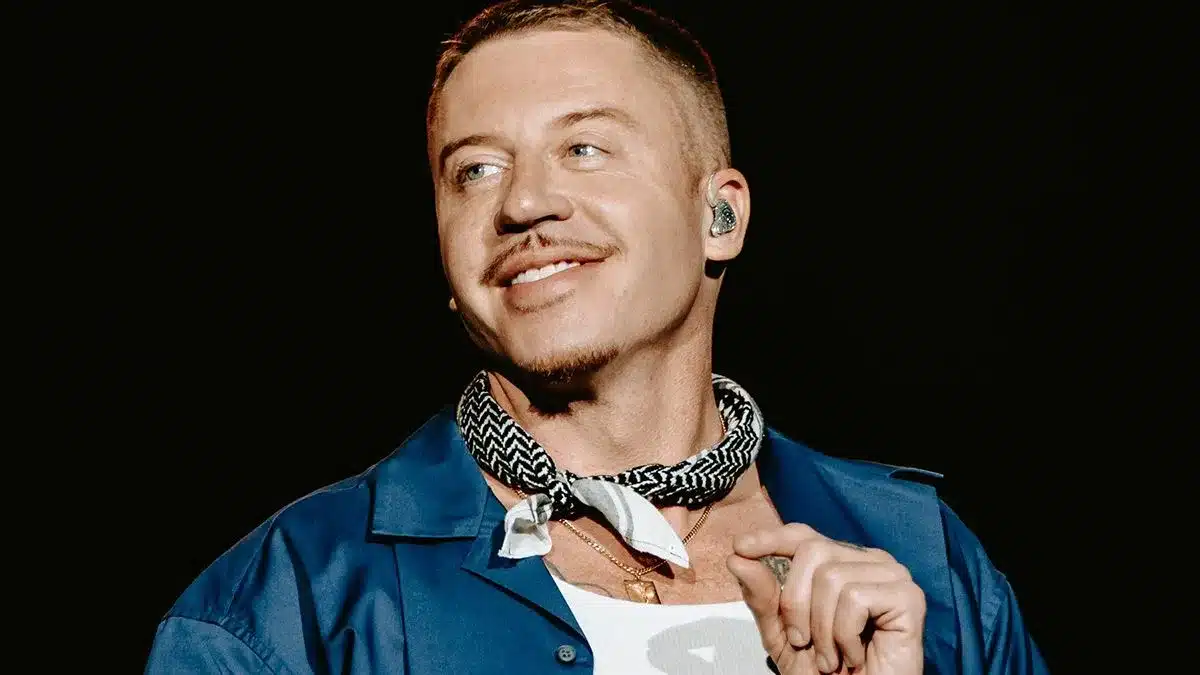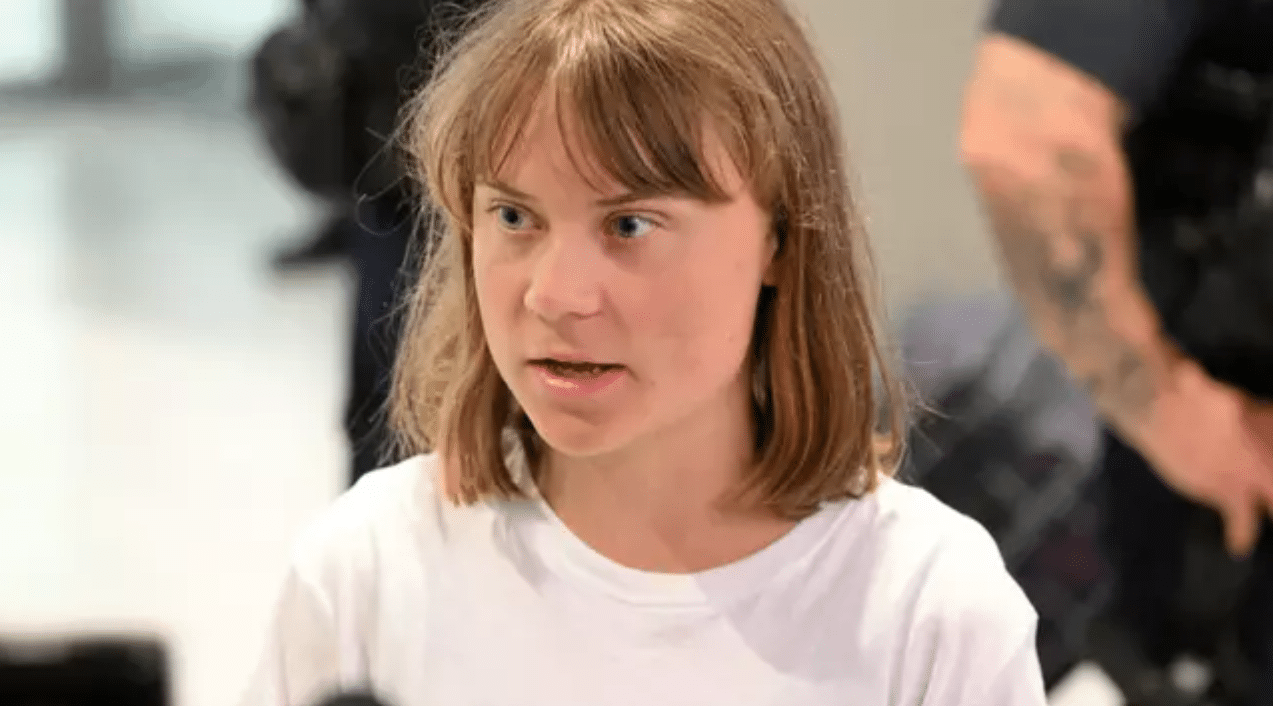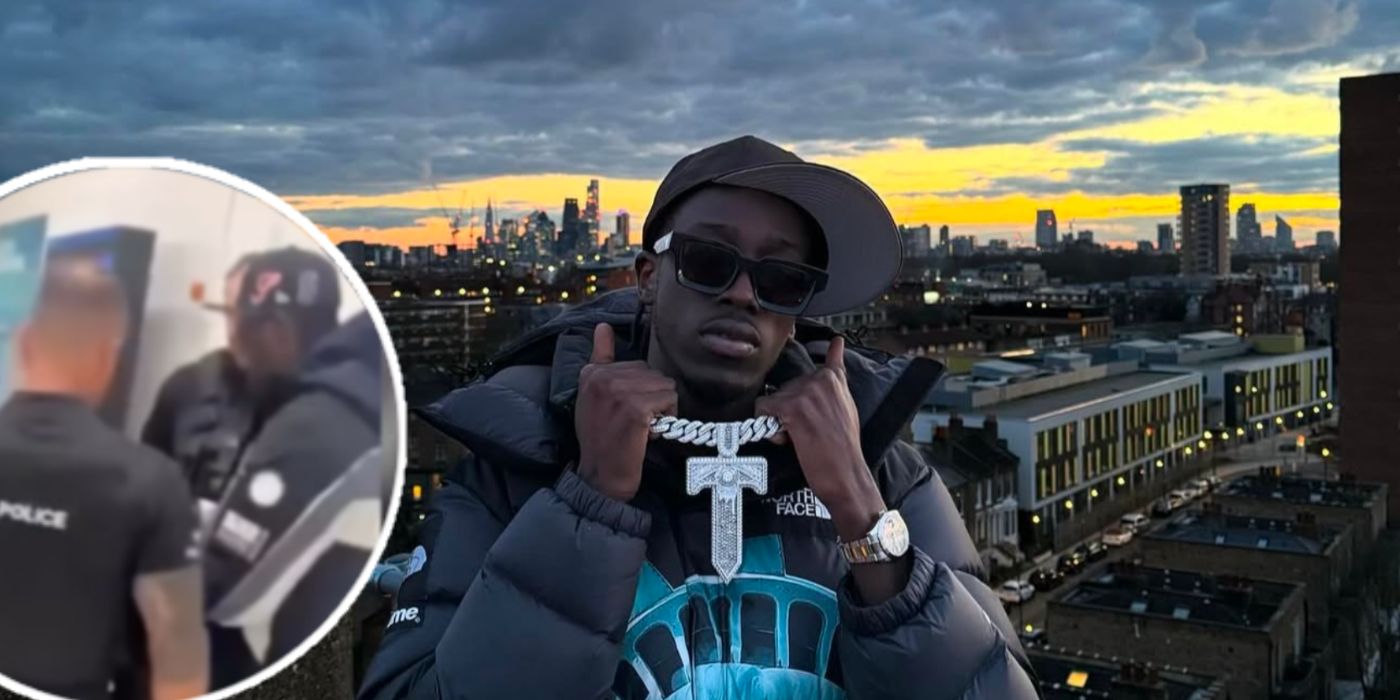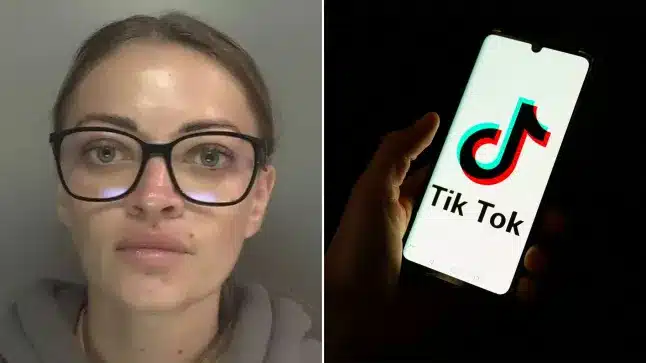When prosecutors and defense lawyers square off in courtrooms across the country, the end result can be high-stakes, on-the-edge-of-your-seat drama. However, the real-life drama, while potentially entertaining, has real-life implications for the principal parties involved.
While some court cases are decided by judges, others involve juries. The men and women who make up juries have to listen to testimony in court, make sense of the testimony and cross-examinations, deliberate amongst themselves, and vote. That’s a lot of responsibility for people who may lack the specialized knowledge needed to make important decisions.
Some cases are relatively straightforward, but other cases are anything but. Such cases might involve complex subject matter that most people can’t fathom without assistance. That’s where expert witnesses come into the picture. They are professionals hired by prosecutors or defense lawyers to help break down the key issues of different cases.
If legal arguments, facts, or other things are difficult for the average person to comprehend, expert witnesses can help. They can explain things in a way that helps jurors and judges figure out what’s at stake. Jurors can use the information they get when they come together to conduct a vote that will help decide the outcome of the court case.
Keep reading to see three things you should know about expert witnesses and how they contribute to the legal process.
1. Explaining Technical Or Specialized Information
Some court cases involve issues at a level of complexity most non-experts can’t grasp. Expert witnesses are useful for explaining highly technical and specialized information.
For instance, they can help in cases involving software topics. Most people outside of software developers would have a hard time understanding the ins and outs of system architecture or source code. It’s an industry with its own set of terminology and concepts.
Without expert witnesses, juries would make decisions without understanding the key issues — and that would cast doubt on the fairness of the judicial system. In fact, it would be grounds for appeals.
An expert witness with specialized knowledge can break down concepts that would otherwise be unfathomable by many jurors. Jurors can also ask questions or get clarification from expert witnesses.
2. Offering Professional Opinions
Expert witnesses also offer their professional opinions so jurors can better weigh the issues. These professionals are supposed to provide impartial testimony, whether hired by the prosecutors or the defense. They can refer to studies or research related to the case or explain
if specific actions lined up with industry best practices. Expert witnesses should have specialized knowledge in their fields so they are qualified to provide testimony during the court case. The information they offer can help jurors perform their civic duties faithfully and competently.
3. Helping Establish Or Refute Liability
Yet another essential role expert witnesses play is helping to establish or refute liability. When the prosecution and defense both present compelling arguments, how are jurors to know who to believe? Fortunately, expert witness testimony can help clarify things since these professionals can help prove or refute a party’s liability.
That can be especially helpful in cases where the issues aren’t easy for jurors understand. During their testimony and cross-examination, expert witnesses will help jurors do their jobs.
If you’re ever summoned to serve as a juror and are assigned to a case, you may see expert witnesses take the stand. They provide a valuable service without which there would be no expectation of fair trials.
After all, what good would jurors do in the legal system if they must make sense of complex legal arguments independently? The good news is that expert witnesses provide the information jurors need to effectively perform their duties without jeopardizing the rights of the principal parties.

